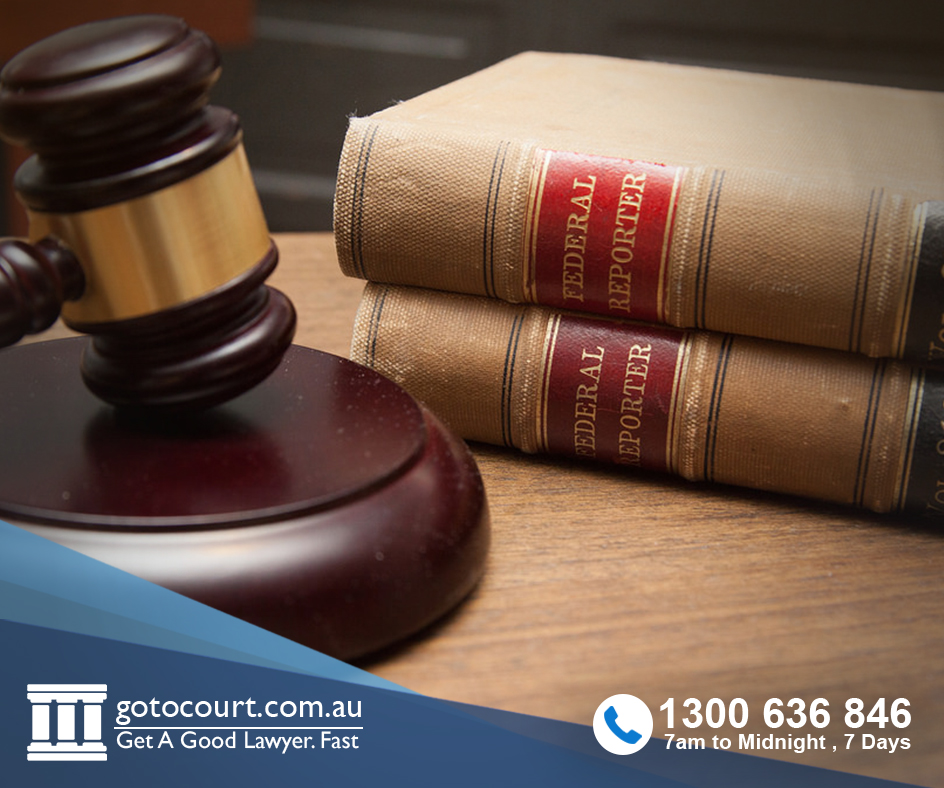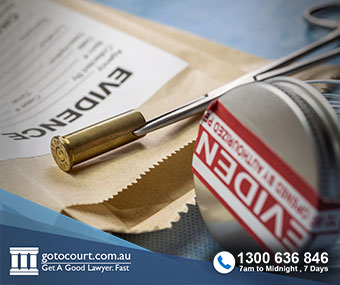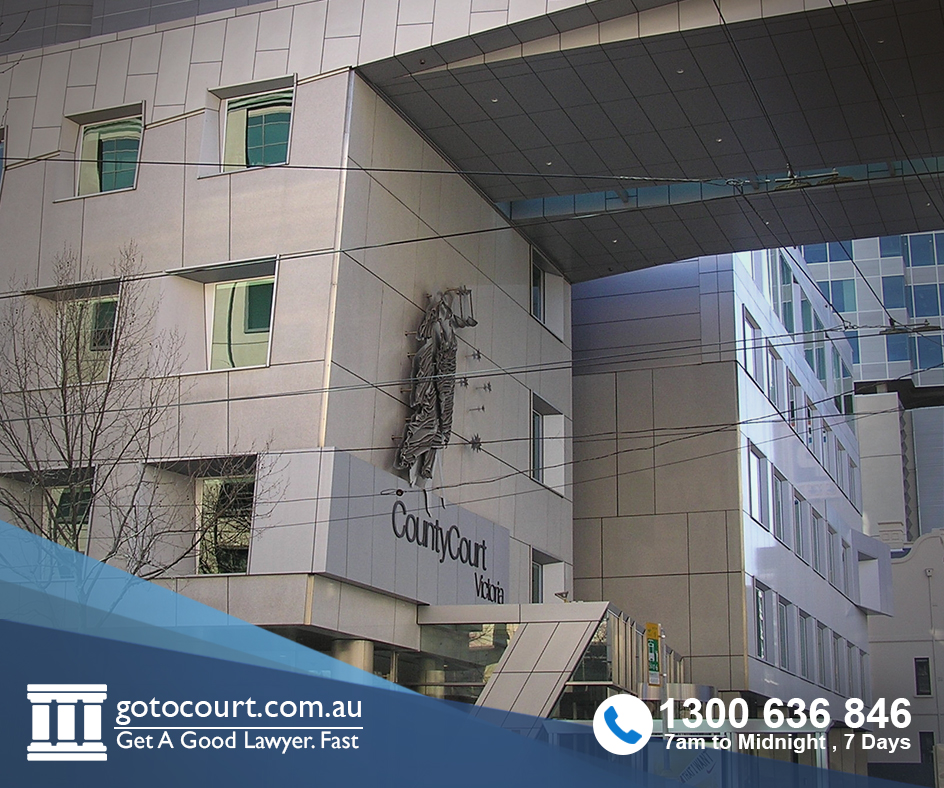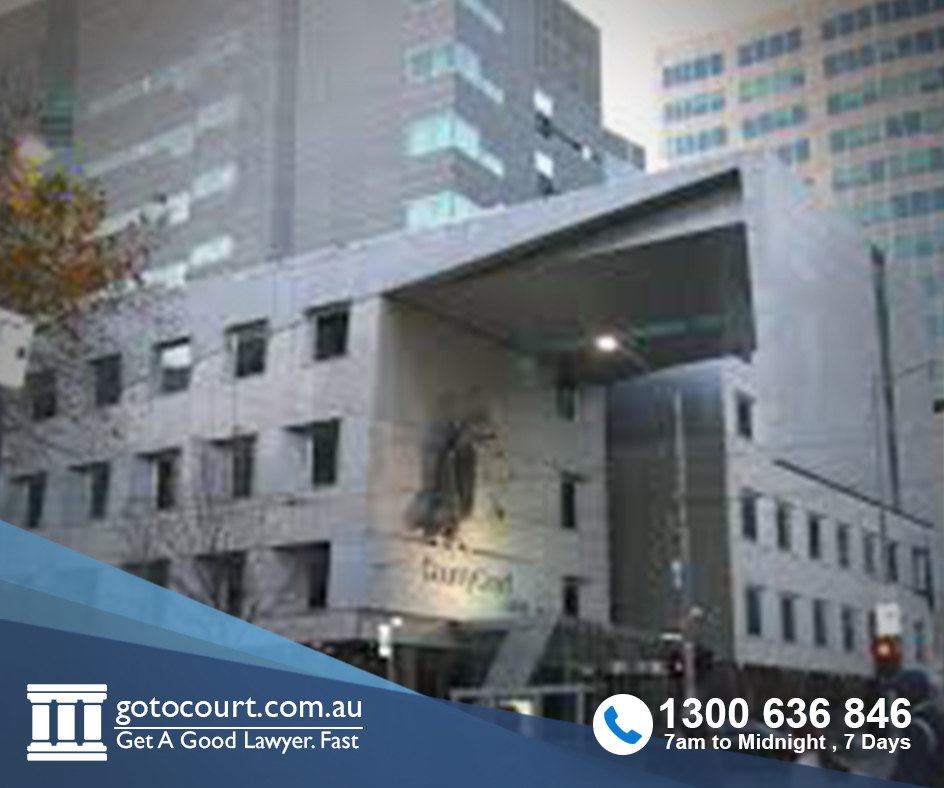Suppression Orders (Vic)
Open justice is a fundamental principle of the Australian legal system. The public is generally free to enter courts and watch legal proceedings. Information relating to court decisions and the progress of litigation is generally available to the public. However, in some circumstances, the court may make a Suppression Order, prohibiting the disclosure of information relating to a matter. This can be done for a range of reasons, including to protect witnesses, to ensure the defendant receives a fair trial or in the interests of national security. Suppression Orders are governed by the Open Courts Act 2013.
Suppression orders
A court can make a Suppression Order to prohibit the publication of information relating to a court proceeding. A Suppression Order can be very broad in scope or very narrow, but it must be made for a specific purpose and must be no broader and of no longer duration than is required to serve that purpose.
A Suppression Order may be made to restrict publication of material anywhere in Victoria or anywhere in Australia. When a Suppression Order is made, the court must ensure all relevant news media organisations are notified.
A Suppression Order can be made if:
- The order is necessary to prevent prejudice to the administration of justice;
- The order is necessary to prevent prejudice to the interests of national or international security;
- The order is necessary to protect the safety of a person;
- The order is necessary to avoid undue distress or embarrassment to a witness or complainant in a sexual offence or family violence matter or to a child witness; or
- For any other reason in the interests of justice. (Section 18)
Offences
It is an offence for a person to contravene a Suppression Order if the person knows or is reckless as to whether there is a Suppression Order in force. A maximum penalty of imprisonment for five years or a fine of 600 penalty units, or both, applies for an individual. A maximum penalty of a fine of 3000 penalty units applies for a body corporate.
A breach of a Suppression Order can also amount to contempt of court.
Closed Court Orders
Under the Open Courts Act, there is a presumption that court matters are conducted in open court (Section 28). A court may order that all or part of a matter be conducted in closed court or that only certain persons or classes of persons may be present during the proceeding. A closed Court Order can be made for any of the same reasons as a Suppression Order.
Why do Suppression Orders exist?
Suppression Orders are often made when an accused will be facing trial before a jury. The jury trying an accused is not allowed to know information that may prejudice the jurors against the accused, such as any prior criminal history the accused has or evidence that has been ruled inadmissible. If information like this is publicised it can prejudice the jury and result in an unfair trial.
Who do Suppression Orders affect?
When a Suppression Order is in force, no one is allowed to publish the suppressed information. Anything written or said in a public forum amounts to ‘publication’. This includes tweets, Facebook posts, blog posts and statements made in public as well as coverage by the news media.
When a Suppression Order is made to include ‘anything that can be accessed in Australia’ or ‘anything that can be accessed in Victoria’ this includes material published online. This means that Suppression Orders made by Australian courts apply overseas as well. However, breaches by overseas news agencies can be very difficult to police.
Should Suppression Orders be abolished?
Suppression Orders are sometimes criticised as compromising open justice and free speech. Particular Suppression Orders have been criticised as going too far, operating to hide corrupt behaviour or as being outdated. A recent review of Victoria’s use of Suppression Orders found that they were easily breached online and through social media.
Suppression orders are sometimes described as futile or obsolete in the digital era as quarantining jurors from outside influences becomes less and less realistic due to the prevalence of social media and the consumption of news online.
However, Suppression Orders can play an important role in ensuring defendants receive a fair trial, particularly in high-profile cases. They can also prevent witnesses and complainants from being subjected to harm and reprisals for coming forward.
If you require legal advice or representation in a criminal matter or in any other legal matter, please contact Go To Court Lawyers.








